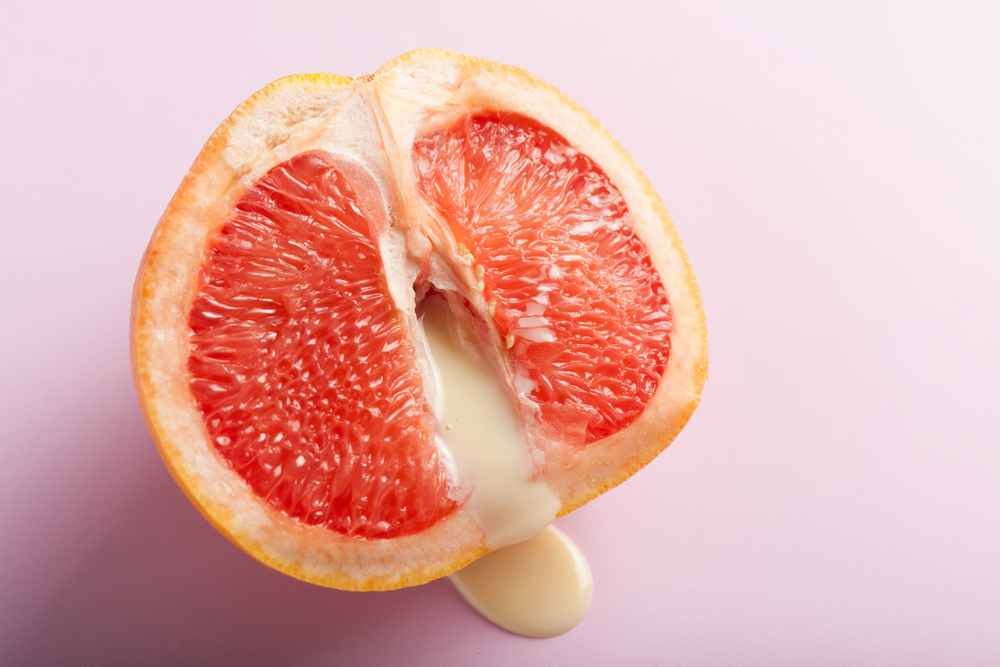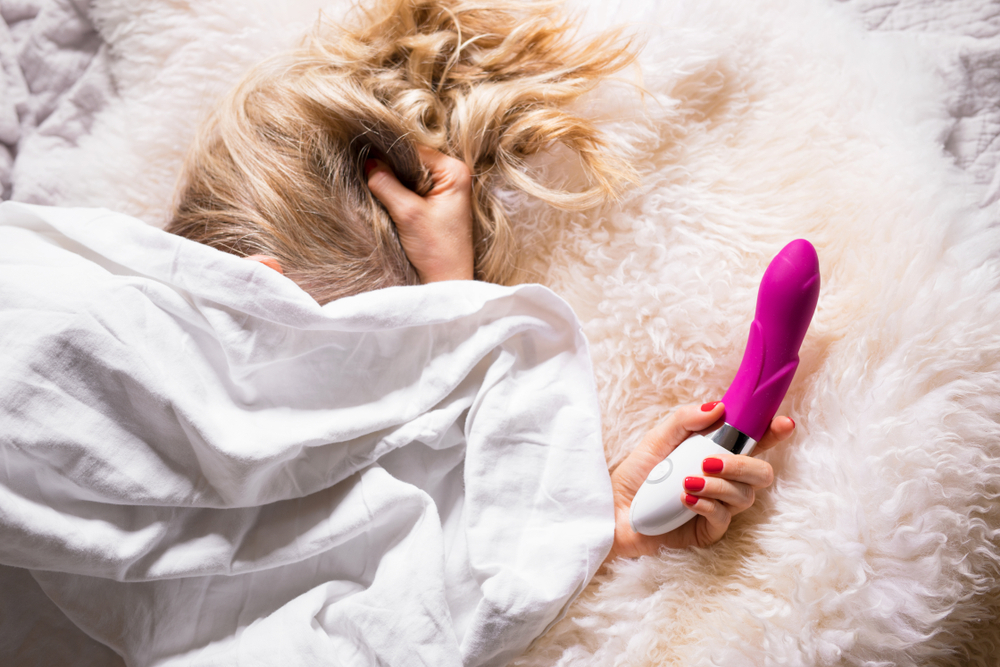
Masturbation appears to have been around for a long time. Unlike men, who have always been able to masturbate cheaply and readily, it hasn’t been easy for women. But that hasn’t kept a lot of women in history from good ol’ masturbation. Dildos have been around since the days of cavemen and the depictions of masturbation in prehistoric rock paintings. Just goes to show us that the good old masturbation never gets old. The technique hasn't always been the same, though.
Masturbation has evolved throughout time, from solo activities to group gatherings to handmade dildos. The ancient Greeks, were among the most progressive, feeling that masturbation was a natural and necessary form of sexual expression. But over the years patriarchal society has made female masturbation a dangerous, unhealthy, and taboo affair.
What is Female Masturbation?

Female masturbation is the self-stimulation of the genitals, including the vagina and clitoris. Females can indulge in the act of masturbation using their hands, using sex devices such as a vibrator, rubbing their clitoris against an object, and other methods. As long as any act involves self-stimulation, it is a form of masturbation.
Female masturbation is believed to improve the chances of conception from intercourse, if the female orgasms one minute before and 45 minutes after insemination has taken place. It also provides protection against cervical infection by aiding the uterus to throw all the debris out of the cervix.
Myths and Misconceptions about Masturbation

A common misconception is that women don't masturbate is a common one. Masturbation is enjoyed by women of all ages and sexual inclinations. Young adult men masturbate more than young adult women, according to studies. This does not rule out the possibility that women don’t masturbate, and it may indicate that males are more comfortable revealing their masturbation than women.
Over the years, masturbation has become more acceptable in our culture as a result of many medical and psychiatric procedures, and despite opposing religious beliefs and community norms, masturbation is still a common activity in our society.
Some common myths are as follows :
Some people may feel embarrassed, guilty, or ashamed when talking about masturbation. But masturbation is normal, healthy, and not something to feel guilty about. Masturbation does not cause physical or mental health issues. Masturbation offers more health advantages than drawbacks in many situations.
So remember, “ When it comes to loving yourself and your body, pleasure isn’t just for fun?—?it’s a form of self-care. Why not treat yourself?”